
Industry charity GroceryAid has raised £1.4m through its annual festival, Barcode, which had a new home for 2025.
The event has been running since 2018 but this year has moved to a new location, Kenwood House, to cater for the massive demand for the festival. Headlined by Chase and Status, Barcode 2025 saw around 5,300 people and more than 100 supporting brands gather to celebrate and support the grocery industry.
Convenience Store caught up with GroceryAid chief executive officer Kieran Hemsworth and welfare director Mandi Leonard at Barcode Festival to discuss the support the charity provides and how it’s looking to engage with independent retailers more.
![Kieran Hemsworth[45]](https://d2dyh47stel7w4.cloudfront.net/Pictures/280xAny/4/2/4/364424_kieranhemsworth45_986672_crop.jpg)
Outlining the work GroceryAid does, Hemsworth explained the importance of events like Barcode.
“What we do is look after the welfare of the 2.8 million people who work in the grocery industry and our purpose is to support and care for grocery workers and their families through difficult times and really what that means is that if you need to cut down your hours for some reason, through no fault of your own.
“Situations such as you become ill or you have to care for a sick relative or you have to be rehoused or you’re fleeing a domestic violence situation - we will step in financially with financial grants, but also emotionally in terms of managing that mental health stress and also practically as well.”
Given the size of the grocery industry, there are a lot of people that need support and GroceryAid is determined to help as many of them as possible.
“We manage about 8,500 financial grants, 12,000 calls to the help line, and essentially we’re seeing growth across all of those different those different platforms,” he said. “We spent about £6.5m last year on welfare and I think we’ll be spending £7m - £8m this year. And we get about 80% of our income from the events that we organise. So, an event like Barcode is incredibly important to us. Every single penny that we will make from this Barcode will go into our welfare pot.”
The last year saw a massive increase in demand for GroceryAid support, which Hemsworth attributes to the cost-of-living crisis.
“In our last financial year, which was up to 31 March, there were 140,000 incidents of support which was a growth of 76% year-on-year. And the reason why this is growing is down to people coming to us with more financial issues, mostly related to the cost-of-living crisis.
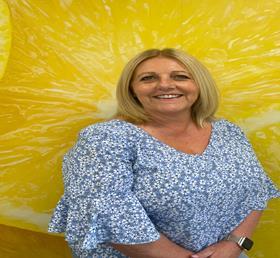
Leonard explains that many calls for support may require multiple types of help. “Quite often people will need support in more than one area, so it might be that somebody comes to us for a financial grant but actually we can get them some emotional support as well. We might be able to get them some legal advice if there’s a legal problem going on so. It’s about bringing all of those services together.”
Hemsworth added how driving engagement with independent retailer continues to be a priority for the charity.
“We help independent retailers and it’s a really incredible important channel for us because often they don’t necessarily have an employee assistance programme and therefore we could step into that particular opportunity. But because it’s relatively fragmented and retailers have so many competing priorities, our awareness isn’t as big as it should be within that channel, so we want to massively improve our awareness. I think it’s really important that we do that by working with convenience and independent retailers and driving a much better level of awareness that we’ve got at the moment.”
Leonard outlines why they are trying to do more with independent retailers. “It’s a really challenging audience to reach. They haven’t got a lot of spare time because they’re super busy.
“We work with Association of Convenience Stores and the Scottish Grocers’ Federation but it’s a really challenging market to raise awareness in. We haven’t got an overarching method of reaching them all necessarily as you would with a major retailer that has methods to get that messaging out there to all staff.
She says one of the major barriers to engagement with independent retailers is time.
“They haven’t got time to read loads of stuff that’s coming out and sometimes they don’t want to admit there’s a problem. They’re working very, very long hours quite often with very tight staffing levels as well. And if they lose a member of staff to illness, that can knock out their weekend.”
Leonard adds that the support line doesn’t stop once traditional office hours finish. “We offer a 24/7 free and confidential helpline which suits independent retailers as well. An independent retailer might not be finishing shutting their shop up until 10:00 that night, and it’s important to know that they could pick up the phone and just talk about a really tough day.
“It’s also important to remember that independent retailers are really struggling with crime and that they know there’s somewhere for them and their staff to get some emotional support if an incident happens in a store.”
Hemsworth says that the awareness issue isn’t exclusive to independent retailers. “We’ve got to always be engaged with the industry. The biggest lever that we have in terms of helping more people is improving that level of awareness of our services. If you talk to frontline grocery workers and you show them organisations that offers financial, emotional and practical support, only 23% of the have heard of GroceryAid, we want to be at 50-75% levels.
“The key thing that we need to do is so we’re working up some capability to be able to push those messages out to people through our own channels. But we have to work with all organisations within the grocery industry to drive a much, much higher level of awareness of our offer, particularly with those frontline grocery workers.”
He stresses that all grocery industry workers should be aware of the support available.
“It’s important to get the message out there that we’re there to help all of their employees financially if they work for them for six months, we will provide financial grants from day one. We will provide emotional and practical support.
“I would encourage people to go on the website, have a look, contact us and if anybody is struggling within their businesses to contact us and hopefully we can help them. We’re seeing a bit of growth as well in terms of need for mental health counselling. If someone rings and has a mental health issue, they will speak to a trained counsellor, and if serious enough, we will offer six sessions free of charge.
“We’ve seen around a 67% growth in that over the last year. Now some of that is that might be that more people are aware of what we offer, but some of that might also be the rise in mental health issues that are out there with people working on the frontline of grocery.
“The key message around GroceryAid is that if somebody does phone that helpline, it is totally free. You don’t have to pay for it and it is totally confidential as well. We know that that confidentiality can be a big barrier for people phoning up.
While there are ambitions to grow awareness, Leonard knows that word about what GroceryAid offers is spreading throughout the industry. “We are increasingly seeing more businesses promoting our services. From my perspective, what’s so lovely is people are moving around the industry and taking GroceryAid with them, so we get a lot of people now who come to us who have worked with us in one business and they’ve moved to another and spread the word there.”
If you or a member of your team is in need of financial or emotional support, you can contact GroceryAid on https://www.groceryaid.org.uk/ or via its free helpline on 08088 021 122.




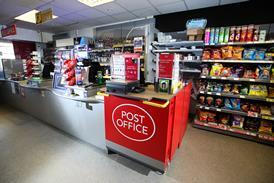
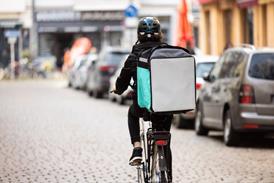
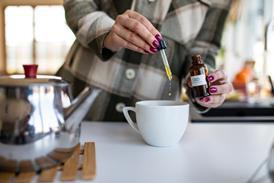
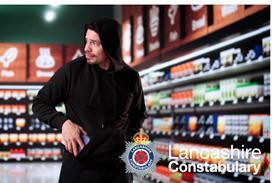
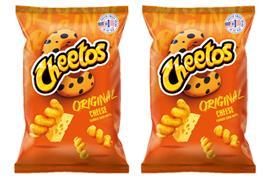
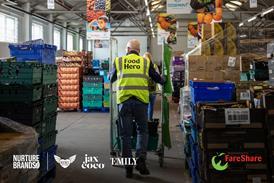
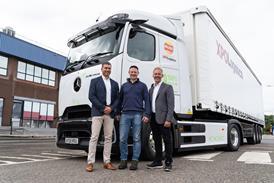
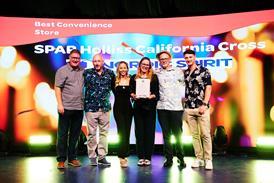
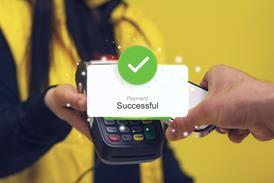
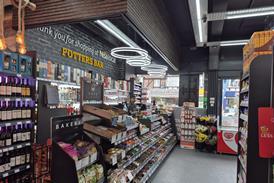

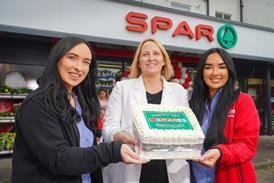






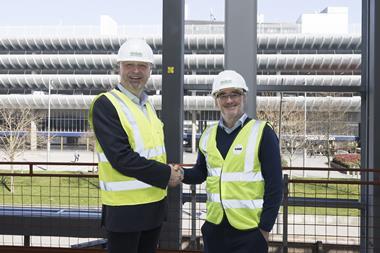
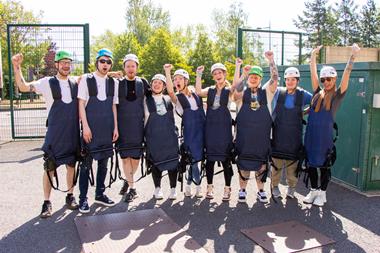
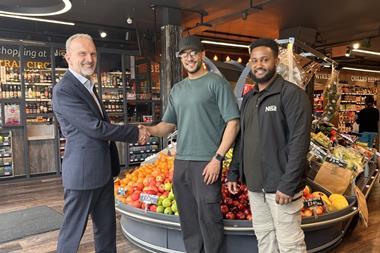
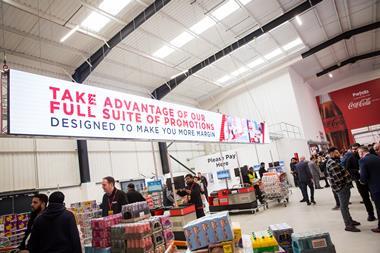

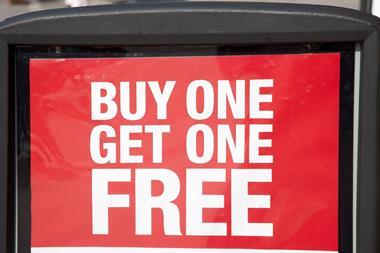


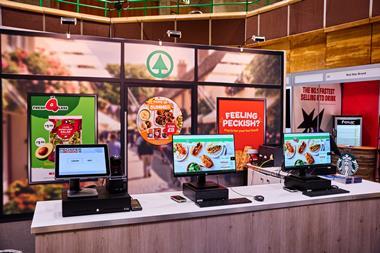
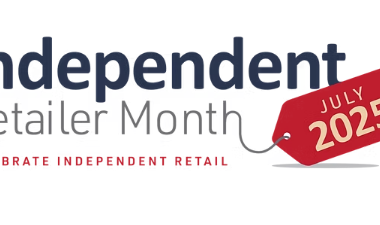
No comments yet